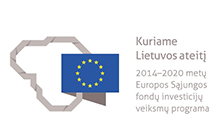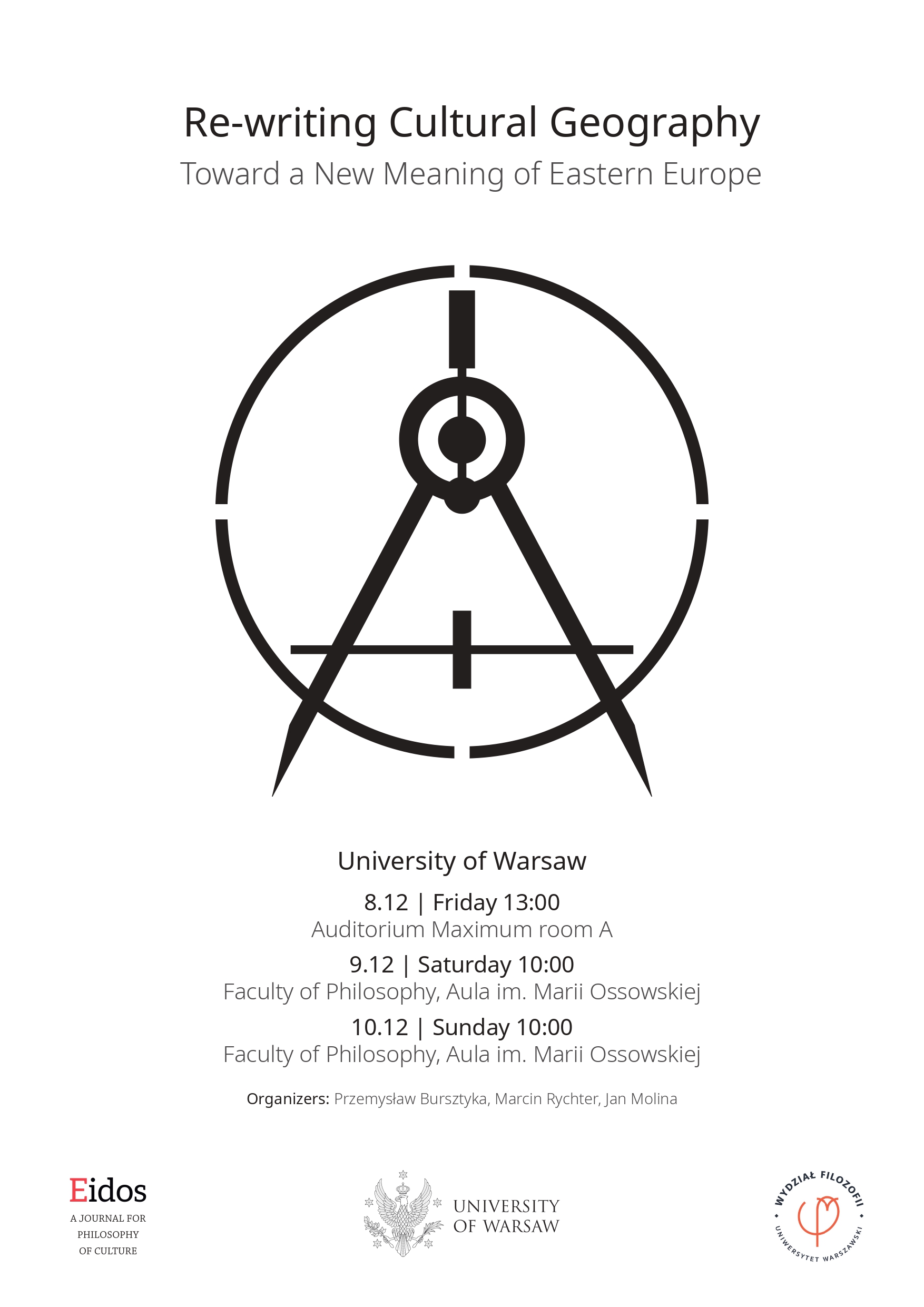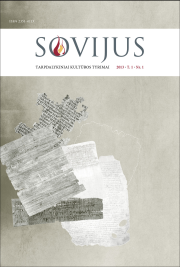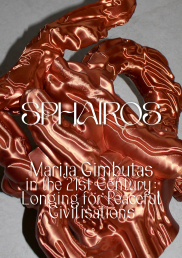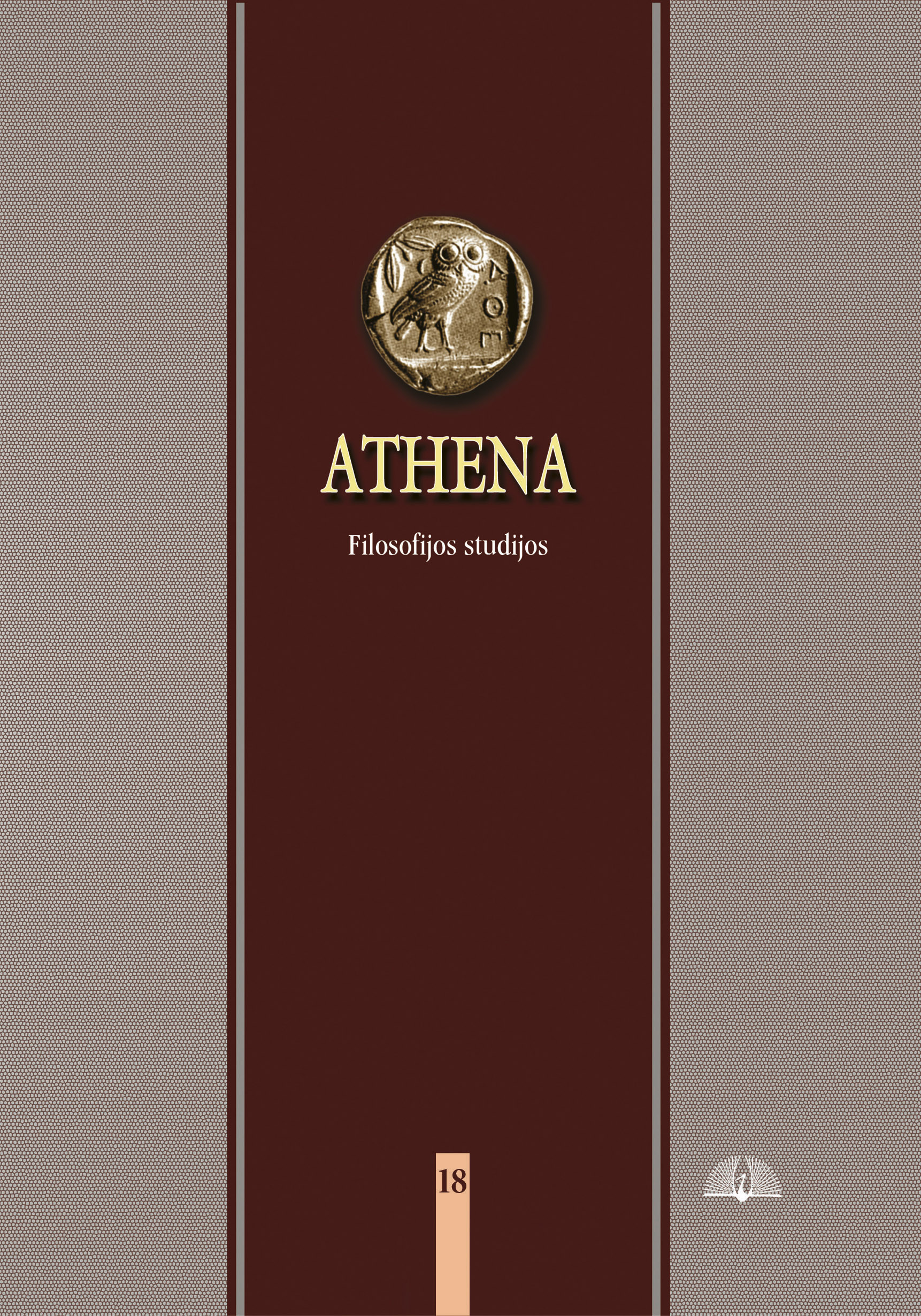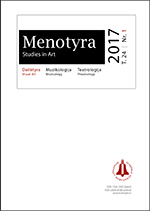- Titulinis
- Doktorantūra
- Apgintos disertacijos
- 2024.01.19
2024.01.19
Mato Grubliausko
daktaro disertacijos ,,Vilniaus universiteto jėzuitų politikos kursai XVII a. pabaigoje: tendencijos, strategijos, kontekstai“ (humanitariniai mokslai, filosofija (H 001), vadovas vyresnysis m. d., dr. Dalius Viliūnas) gynimo taryba:
pirmininkas – prof. dr. Naglis Kardelis, humanitariniai mokslai, filosofija (H Lietuvos kultūros tyrimų institutas. 001),
nariai: prof. dr. Alvydas Jokubaitis, humanitariniai mokslai, filosofija (H Vilniaus universitetas; 001),
dr. Rūta Marija Vabalaitė, humanitariniai mokslai, filosofija (H Lietuvos kultūros tyrimų institutas; 001),
prof. dr. Vytis Valatka, humanitariniai mokslai, filosofija (H 001), Vilnius Tech universitetas;
prof. dr. Steffen Huber, humanitariniai mokslai, filosofija (H 001), Krokuvos Jogailaičių universitetas (Lenkija).
Daktaro disertacijos gynimas vyko 2024 m. sausio 19 d., penktadienį, nuo 13 val., Lietuvos kultūros tyrimų instituto salėje, Saltoniškių g. 58 - 216, Vilnius.
Anotacija
Pagrindinis disertacijos siekis yra atskleisti XVII a. pabaigos Vilniaus universiteto
jėzuitų politikos paskaitų savitumą, taip pat reviduoti aibę stereotipų, susijusių tiek su politikos dėstymu Lietuvos aukštojoje mokykloje, tiek su pačios Jėzaus Draugijos tuometinėmis
intelektinėmis orientacijomis ir kondicijomis. Darbas plečia politinės filosofijos problematikos sampratos horizontą Vilniuje – bene labiausiai nuo didžiųjų kultūros bei intelektinių centrų nutolusiame europietiškosios minties židinyje. Pirmiausia, darbe tikslinama politikos kurso steigimo 1677 m. ir jo ankstyvojo gyvavimo laikotarpio (1687–1692 m.) faktografija. Šioji
įgalina patikimą interpretavimo perspektyvą siekiant numatyto tikslo: grįsti hipotezes, kaip šio kurso formą ir turinį determinavo neteoriniai faktoriai. Antra, Lietuvoje nesant nuoseklių ir
išsamių tuometinės jėzuitų politinės filosofijos tradicijos ir strategijos tyrimų, darbe apsiimama pateikti naujais archyviniais atradimais grįstą panoraminį XVII a. jėzuitų politinės filosofijos vaizdą VU. Jo rekonstrukcijai tarnauja tiek reprezentatyvios XVII a. Vakarų Europos jėzuitų Politikos, kurias studijavo Lietuvos Didžiosios Kunigaikštystės politinis elitas, bei Vakarų
Europos universitetuose dėstytos politikos paskaitos, kurias lankė LDK piliečiai, tiek ir vietiniai LDK ir VU politinės filosofijos dėstymo pavyzdžiai. Keliamos hipotezės leidžia pagrįsčiau
interpretuoti pagrindinio darbo objekto specifiką, vilnietiškųjų XVII a. pabaigos politikos paskaitų kompozicijos ir tematikos modeliavimą. Trečiu aspektu, sudarančiu sąlygas perkelti politikos kursų interpretaciją į konceptualesnį lygmenį, disertacijoje laikomas profesorių naudoto politinės filosofijos žodyno tyrimas, atraminių terminų reikšmių rekonstrukcija bei analizė. Pastaroji atveria galimybę nustatyti tiesioginės ir netiesioginės teorinių faktorių įtakos mastą profesoriams ir tuo pačiu – konkrečių profesorių individualų požiūrį į politinės filosofijos teorinę ir praktinę reikšmę.
The Jesuit Course on Politics at Vilnius University at the End of the 17th Century: Trends, Strategies, Contexts
The main aim of the dissertation is to reveal the uniqueness of the late 17th century Jesuit lectures on Politics taught at Vilnius University and to revise a set of stereotypes related both to the teaching of Politics in Lithuanian higher education and to the intellectual orientations and dispositions of the Society of Jesus itself at that time. The work broadens the horizon of the perception of the political philosophy’s issues in Vilnius, which was far from other capitals of the contemporary European culture and intellectual thought. Firstly, the work revises the factual background of the establishment of the course on Politics in 1677 and its early life (1687–1692). It provides
a plausible interpretive perspective for the intended purpose – to hypothesise how the form and content of this course has been determined by non-theoretical elements. Secondly, in the absence of systematic and in-depth research on the tradition and strategy of Jesuit political philosophy in the up-to-date Lithuanian scientific field, the dissertation attempts to provide a panoramic view of Jesuit political philosophy in the 17th century at University, based on new archival discoveries. Its reconstruction is supported by both representative Politics composed by the 17th century Western European Jesuits, which were studied by the political elite of the Grand Duchy of Lithuania, and lectures on Politics in Western European universities, which were attended by the citizens of the GDL, as well as by local examples of the teaching of political philosophy in the GDL and at University. The hypotheses put forward allow for a more reasonable interpretation to unravel the specifics of the main object of the work, i.e. the compositional and thematic modelling of Vilnius’ lectures on Politics of the late 17th century. The third aspect, enabling to elevate the interpretation of the courses of Politics to a more conceptual level, is the study of the terminology of political philosophy used by the professors, and the reconstruction and analysis of the meanings of the key concepts. The latter creates an opportunity to determine the extent of the direct and indirect influence of theoretical factors on the professors, and thus the individual attitudes of certain professors towards the theoretical and practical dimensions of political philosophy.

Adresas: Saltoniškių g. 58,
LT-08105, Vilnius
Į. k. 111961791
Tel./faks. +370 5 275 1898
El. paštas: LKTI@LKTI.LT


